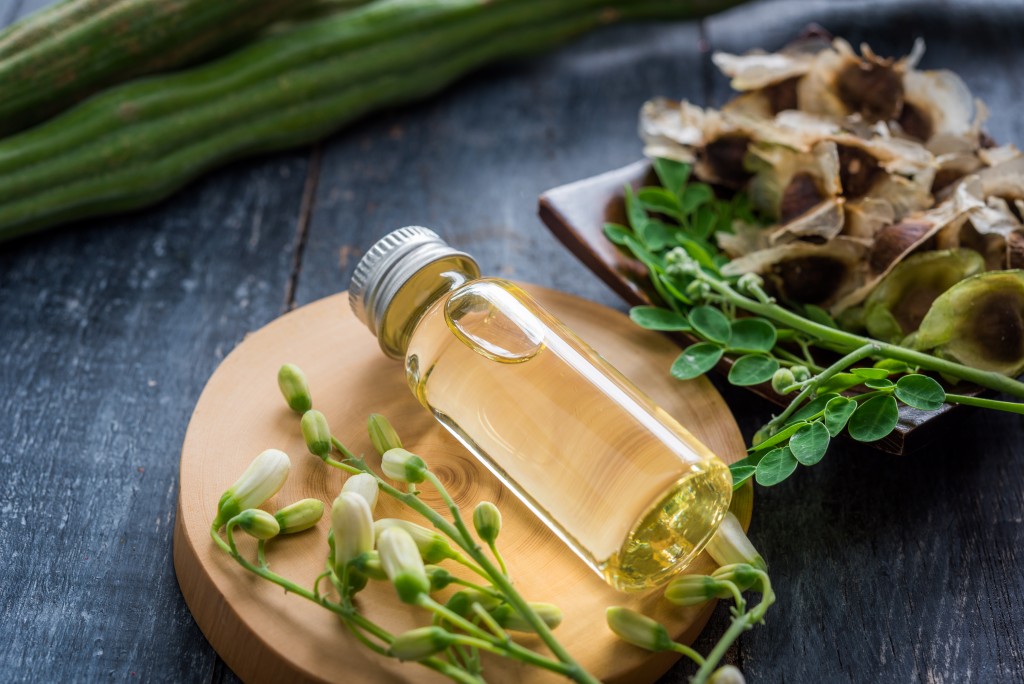Disclaimer: This website provides health information for educational purposes only and is not a substitute for professional medical advice, diagnosis, or treatment. Always seek the guidance of a qualified healthcare provider with any questions you may have.
Recent events have forced a lot of people to value the importance of good health more. Times are critical, and when proper diet and exercise won’t cut it, we turn to alternative medicine to bolster our body’s defenses.
These alternative medicinal treatments have harbored doubt from skeptics, but abundant scientific research has sworn to their efficacy. Read on to know if any of these can prove useful for you.
Intravenous therapy
Intravenous therapy, or IV therapy, is an alternative treatment that bypasses the digestive system by infusing the drug directly into the bloodstreams.
Clinics that specialize in IV therapy in Salt Lake City offer infusions for a variety of purposes. They can work to treat the symptoms of Lyme disease, detoxify the body of heavy metal toxicity, infuse vitamins and minerals, or manage depressive symptoms through ketamine therapy.
Acupuncture therapy

Acupuncture is the practice of carefully piercing long, thin needles to strategic points in your body to yield healing outcomes. It’s a traditional Chinese technique believed to bring back balance to the flow of life force or “chi” through pathways or “meridians” in the body.
Modern science, meanwhile, deems acupuncture effective in providing relief from chronic joint pains, headaches, and neck tension.
Chiropractic medicine
Chiropractors perform particular massage and relaxation techniques with their hands to manipulate the spine and resolve problems with the musculoskeletal system.
The relief that comes afterward is legitimate. Through chiropractic manipulation, various functions of your body improve, such as joint mobility, organ function, and blood circulation. The practice is also particularly helpful in relieving prenatal discomfort.
Herbal supplements
Usually seen in Asian markets, herbal medicines come as teas, tablets, tonics, or powder, which often work as advertised to some extent. These organic dietary supplements have therapeutic properties.
Some famous examples are ginseng roots, ginkgo leaves, valerian roots. They alleviate chronic pain and stabilize your hormones and metabolism. While modern medicine has embraced the healing properties of organic herbs, everyone should not use herbal medicine without proper consultation.
Aromatherapy
Sometimes referred to as essential oils therapy, aromatherapy is a holistic treatment that uses plant extracts with specific therapeutic effects when circulated through the air. These oils are deposited inside diffusers that spray the mist into a room, giving off certain scents.
Popular aromas are lavender, peppermint, rosemary, chamomile, eucalyptus, and frankincense. When smelled, these aromas boost energy, aid in digestion, improve quality of sleep, relieve stress, and provide relaxation.
Mindful meditation
There are many forms of meditation, but in general, meditative practices aim to focus our minds and harness the power of thought. It trains our brains to tap into the major categories of our brain waves that correspond to different bodily activities.
Common forms of meditation include yoga, chakra, Metta, vipassana, tai chi, transcendental meditation, and mantra meditation. Some scientific benefits include reduced memory loss, a longer attention span, and controlled anxiety.
The best medicines are the ones that prevent sicknesses before they even occur. Remember to consult your doctor before trying any of these alternative treatments.




